Although it seems unrealistic for an Army to be comprised of Soldiers who were unable to read, it was one problem facing the Iraq Ground Forces Command and the Iraq Training and Advisory Mission-Army as they attempted to develop and implement a structured noncommissioned officer education system for Iraq's soldiers.
In October of 2007, Carlos Legoas was asked by the coalition and Iraqi Army to come up with a strategy to develop the Iraqi NCO corps. Legoas, a retired U.S. Army command sergeant major, said he was selected for the position because of his wealth of experience shaping the NCO corps throughout the world, to include holding the position of United States Southern Command senior enlisted advisor.
Once in Iraq, Legoas quickly realized the challenges ahead of him and the ITAM-Army team. In a little more than two years, the IGFC and ITAM-Army, with support from other directorates, turned those challenges into successes.
Not only did reports from the field indicate that a large number of the NCOs were illiterate, but they were being used to accomplish menial tasks such as gardening and caring for the upkeep of headquarters buildings, Legoas said. In addition, there was a shortage of 32,000 NCOs in the IA.
"Officers did not empower their NCOs. NCOs were perceived by soldiers as 'spies' for officers," Legoas said.
Roughly one year ago, in an effort to combat the high illiteracy rate, recruits were administered and required to pass a literacy test before joining the IA, said Master Sgt. Ramon Valadez, ITAM-Army Iraqi NCOES advisor.
While a shortage of NCOs remains, the NCOs are being used more proficiently, Valadez said.
"Iraqi officers are beginning to understand the positive impact an NCO will have to a unit if used effectively. Iraqi NCOs are the primary instructors at all the training centers and schools," Valadez said.
A breakdown in communication two years ago posed another problem while trying to develop an education system.
"The Basic Tactical Training Directorate, equivalent to the schoolhouse, and the Iraqi Ground Forces Command, where the majority of the students come from, were not talking. There were coalition-run NCO academies throughout Iraq, sponsored by some Iraqi divisions. Some of these were very efficient. However, there was no (program of instruction) standardization among the academies, meaning that Iraqi divisions were not synchronized with the BTTD," Legoas said.
Since the "ad-hoc" academies did not have authorization documents to support personnel resources, training equipment, classrooms and other infrastructure, Legoas said the instruction wasn't standardized and did not last.
Now the focus was on how to develop enduring schools for Iraqi forces.
With the approval of a leadership doctrine for the Iraqi Joint Forces, and support from Coalition Forces and Gen. Babakir Baderkhan Alzibari, chief of staff for the Iraqi Joint Forces, old NCO academies were disbanded.
Legoas said since the start of the development process, Babakir supported the effort and directed the formation of work groups and an executive committee to facilitate the process to build new ones.
Other Iraqi generals had planned a system for the Iraqi NCOs but it was unrealistic and incomplete, said Legoas.
The system proposed two levels of courses for the Iraqi NCO. First, Legoas explained, was a six month course for the Naeb-Aareef, equivalent to a squad leader; Aareef, equivalent to a platoon sergeant; and Aareff-Awwal, equivalent to a first sergeant. Second was a six-month course for the Wakeel-Awwal (equivalent to a sergeant major).
"This was unrealistic because division commanders were not going to release their NCOs for six months and the courseware was not developed," said Legoas.
In response, two courses were developed and put into operation. The master instructor course was established in April 2008, to prepare NCOs to efficiently and effectively deliver military instruction. March 2009 saw the establishment of the drill instructor course, aimed at preparing NCOs to train new recruits at the basic training level, said Valadez.
A three month senior NCO course, with mentorship from NATO Training Mission-Iraq and Coalition Forces, was created and run entirely by Iraqi cadre and instructors.
One success was the creation of the three month comprehensive program of instruction that reflects combat experience, military values and common core subject material for NCOs, Legoas said.
There are seven training centers throughout Iraq teaching the three month courses: Al Kasik, Habbaniyah, Tallil, Shaibah, An Numinayah, Kirkush and Kirkuk. Taji is the only location instructing the senior NCO course.
Valadez said IGFC commanders are starting to realize the importance of the NCOES and now encourage their soldiers to attend. Iraqi leaders also reviewed a former promotion policy, concurring that promotions should be linked to NCOES attendance.
On Jan. 18, the Iraqi Noncommissioned Officer Academy in Taji, Iraq, began its fifth Senior NCO Course. The Senior NCO Course is 45 days of training, including introduction, qualification and certification classes.
"This is a big step for the academy. It will be the first time the students have published doctrine ("The Art of Leadership") to use throughout the course," said Sgt. Maj. Ahmed, senior enlisted Iraqi NCO for the academy.
Iraqi Col. Alaa, commander of the Noncommissioned Office Academy, said as the staff and instructors at the academy continue to improve the course, it will soon be one of the premiere training courses in the Iraqi Army.
The class is set to graduate Feb. 28.
Throughout the process, Coalition and, most recently, U.S. Forces had received support from Lt. Gen. Hussein-Dohe, commander of the Iraqi Training Directorate Command.
"A strategic thinker, (he) supported the Iraqi NCOES program. His support has been invaluable for the continuity of effort throughout the NCOES development and approval process," Legoas said. "He understood and was instrumental to articulate the value to professionalize the NCOs to the IA chief of staff and the minister of defense."
Hussein continued to push the program forward even when it met resistance by the other directorates within Iraq's Ministry of Defense in early 2009, Valadez added.
After much hard work and partnership, 2010 saw the completion of the Iraqi NCO education system that, Legoas said, is consistent, encompasses all branches and specialty schools, is doctrinally-based and linked to promotions.
The biggest benefit for the Iraqis, according to Col. Hardee Green, will be the value of having professional NCOs that will strengthen the IGFC across all ranks.
Green, training division chief for ITAM-Army, believes the Iraqis will continue to be successful in their roles as cadre at the training centers.
"I think the Iraqis will be able to handle this program on their own," Green said. "It's left up to the Iraqis to move forward. They are capable if the leadership is willing to continue to invest in the program."
To date, the Chief of Staff has approved the curriculum and all directorates have agreed to the NCOES policy. Sometime this month, it will be up for final review and approval at the Defense Council.
In a little more than two years, the cooperation and partnership between the IGFC and ITAM-Army was able to produce literate, highly effective and professionally educated NCOs - a major success as Iraq continues to work towards a free and self-sustaining country.
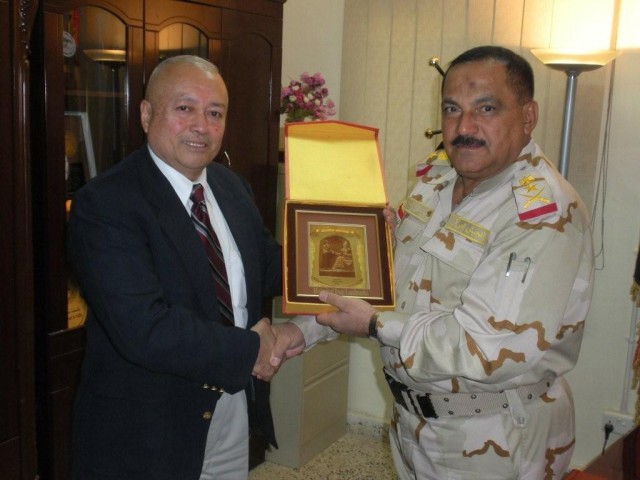
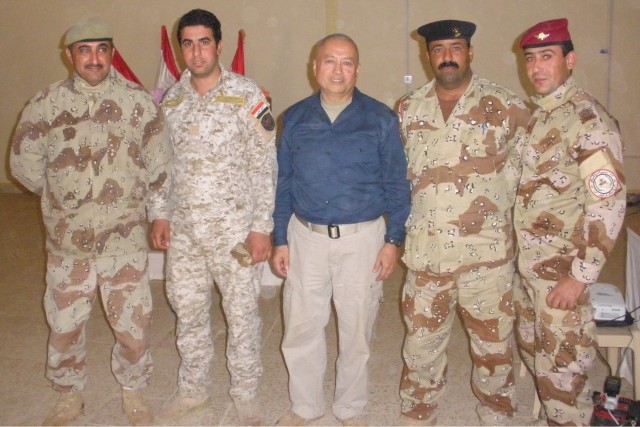
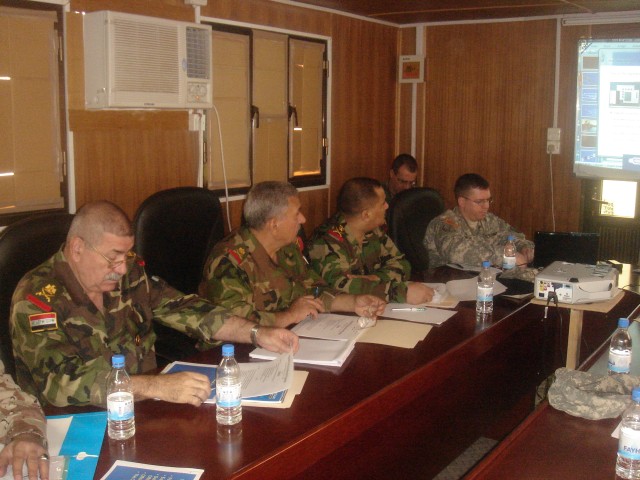
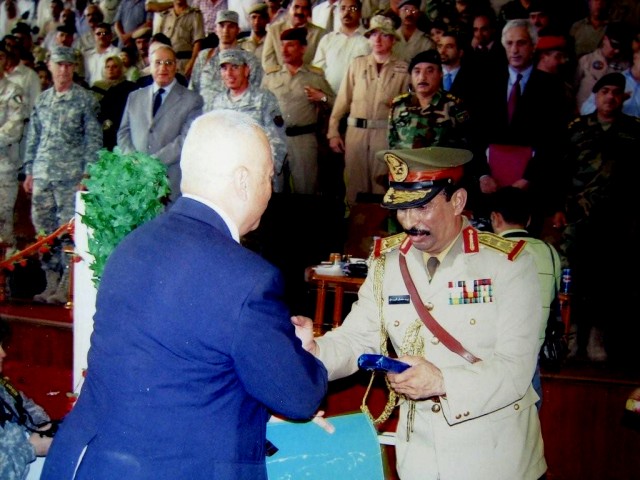
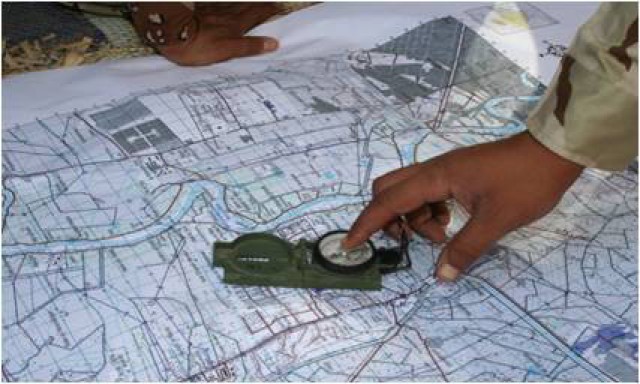
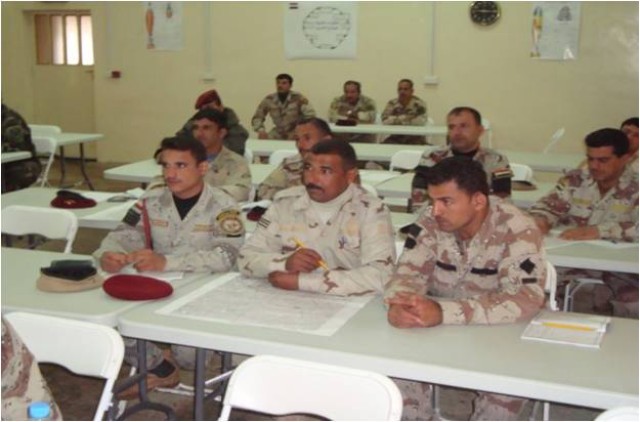
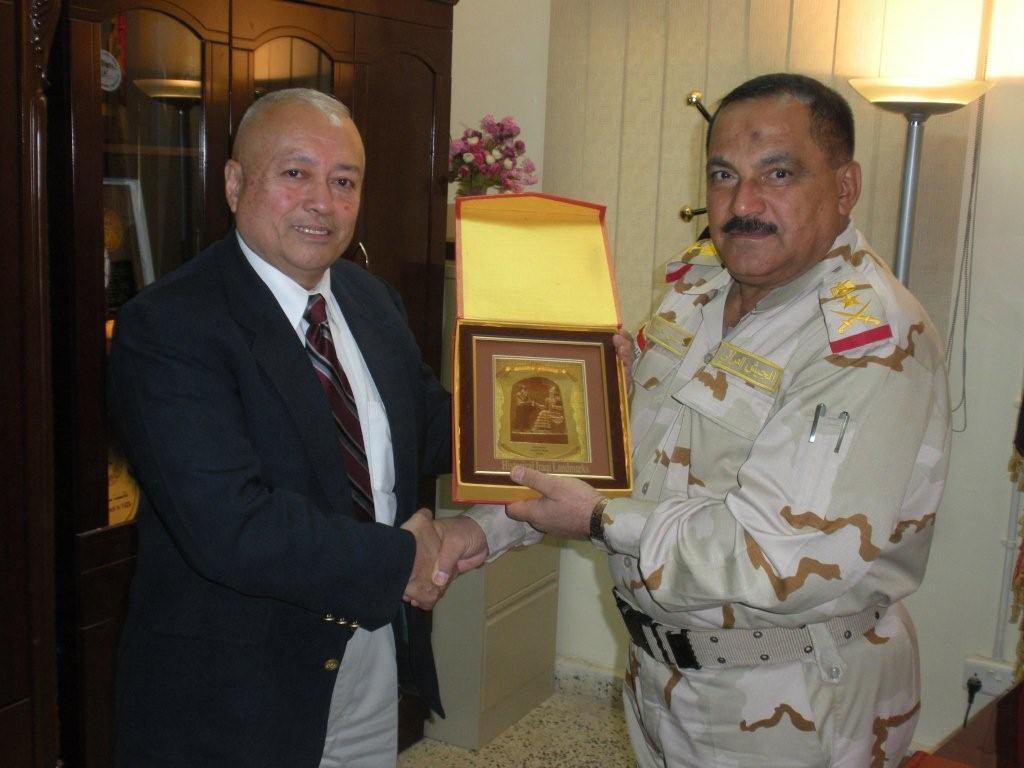
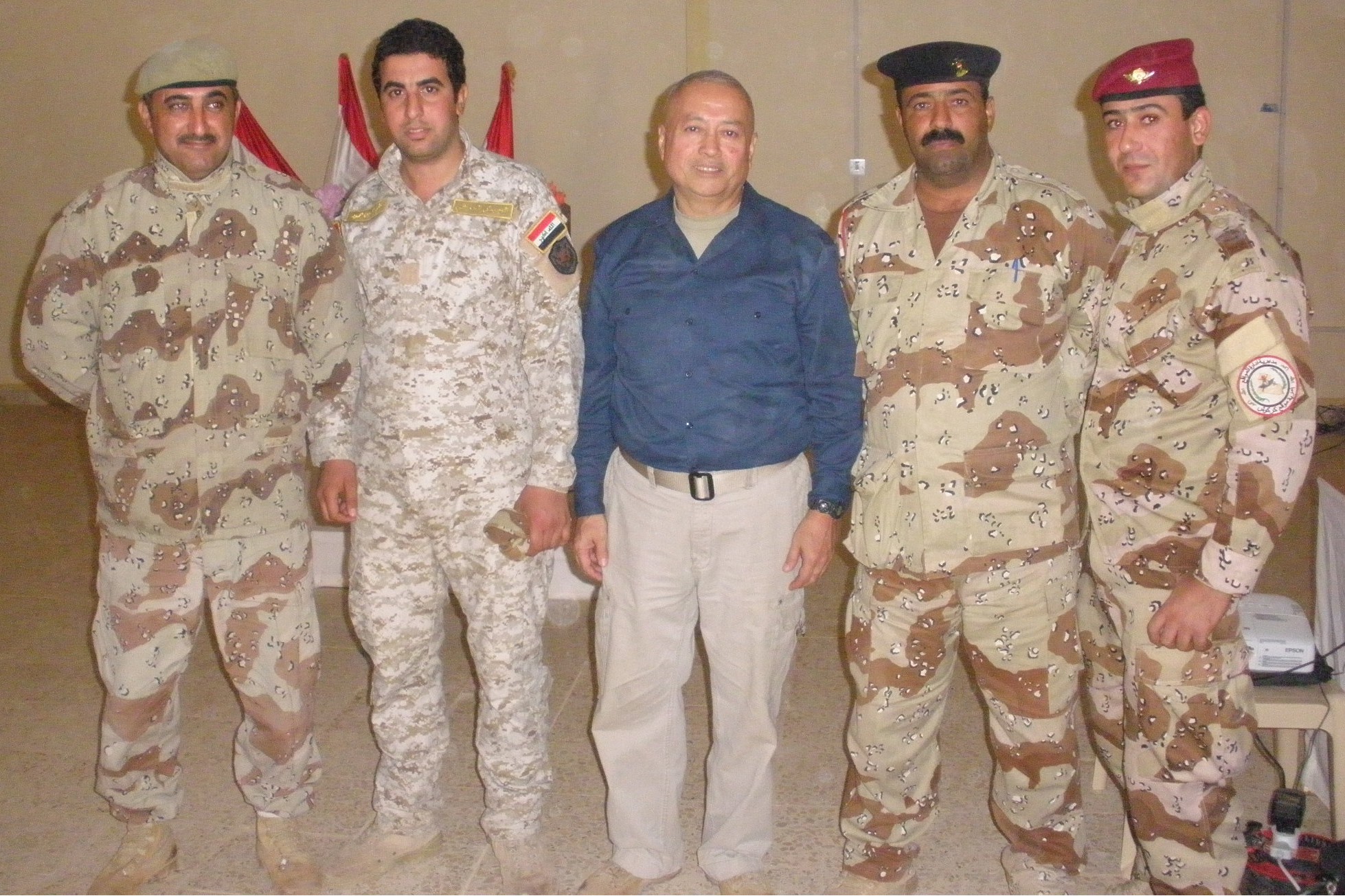
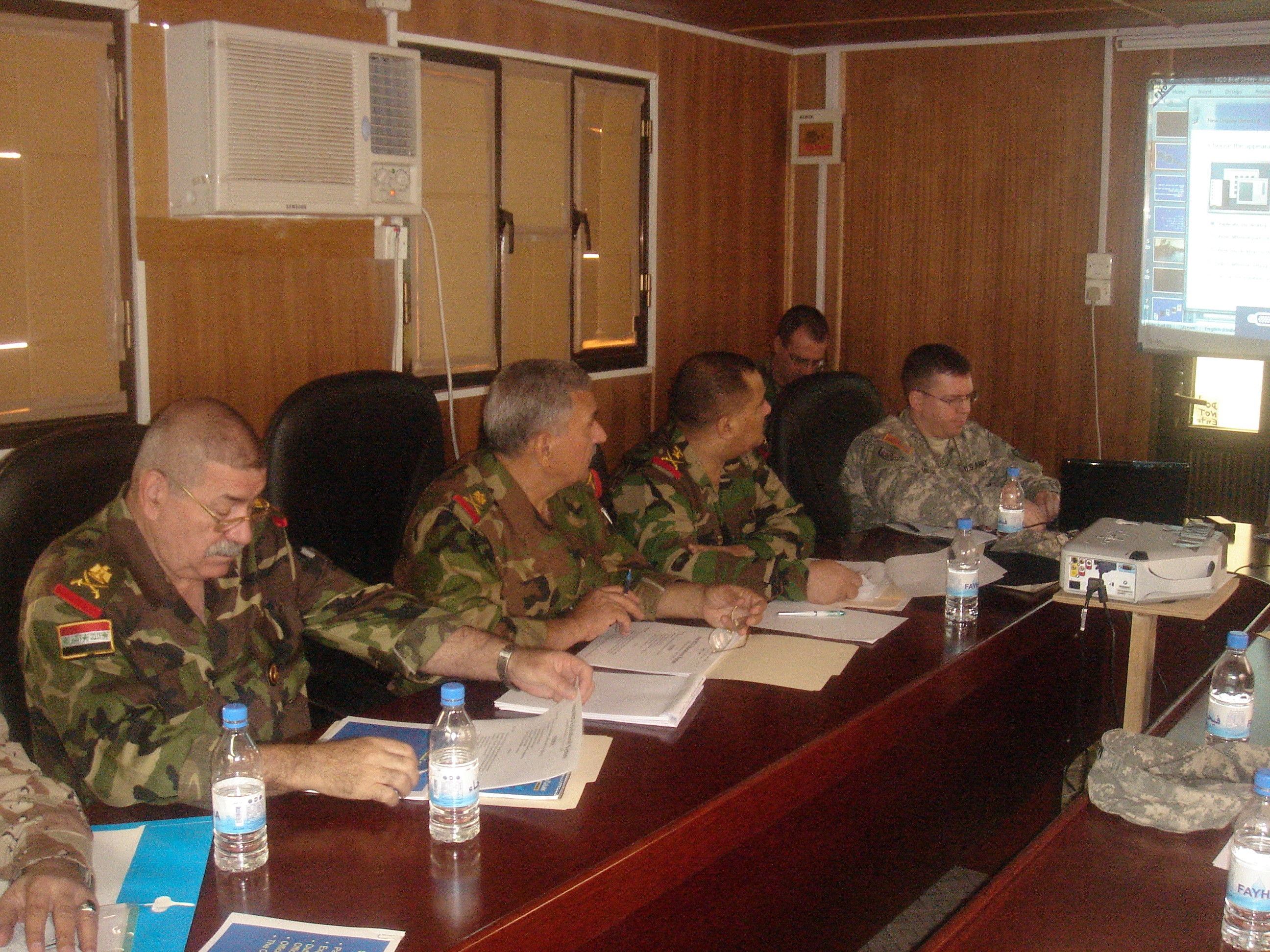
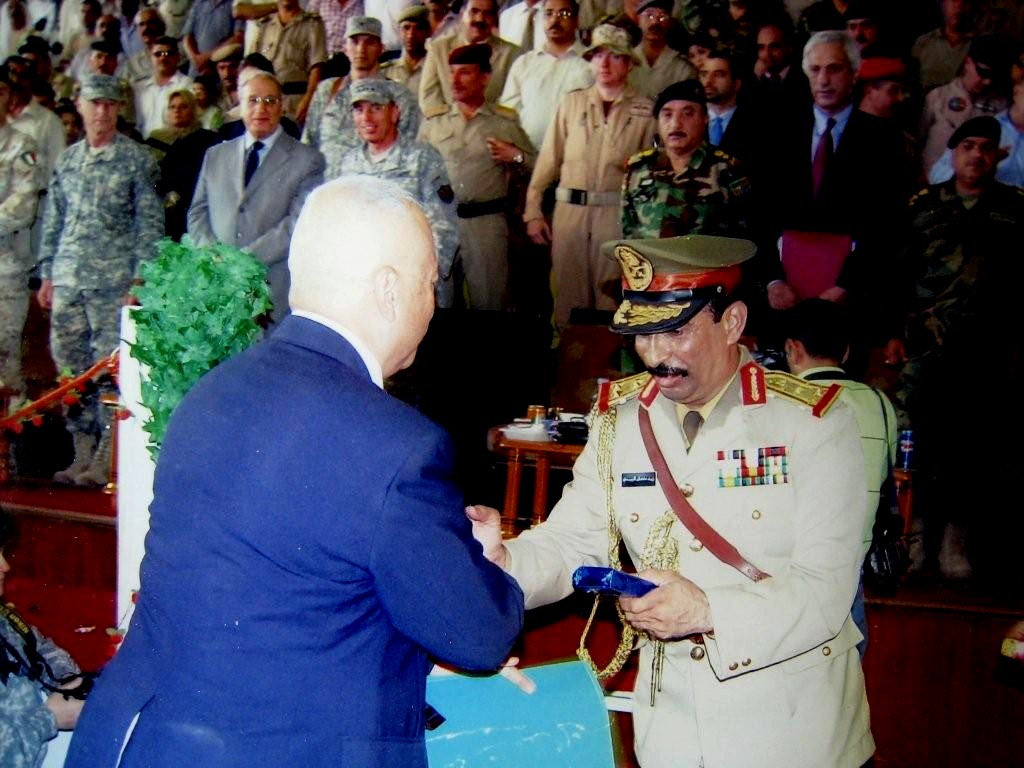
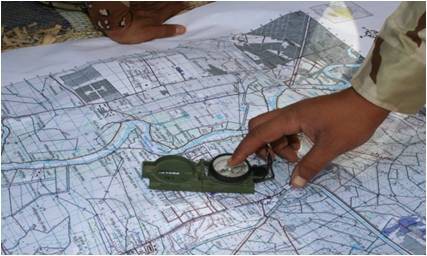
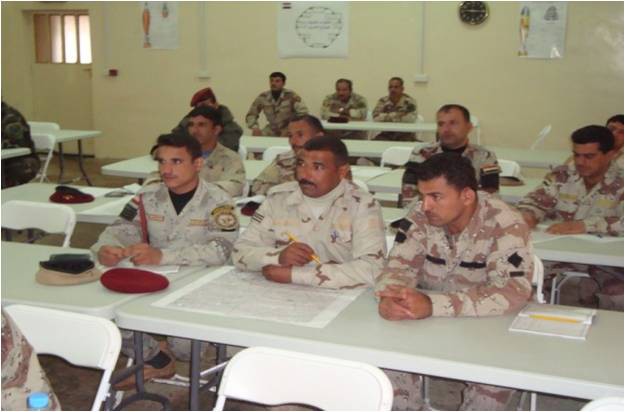
Social Sharing